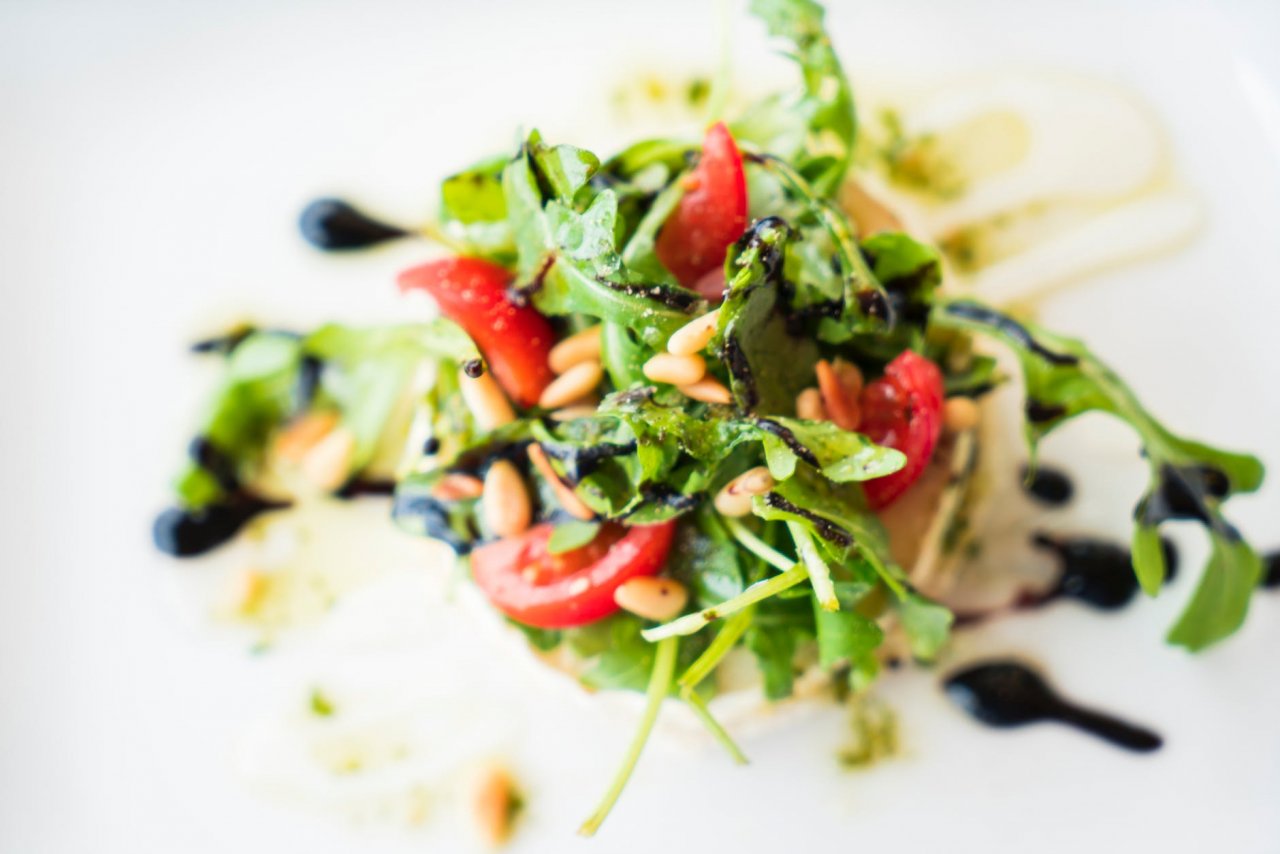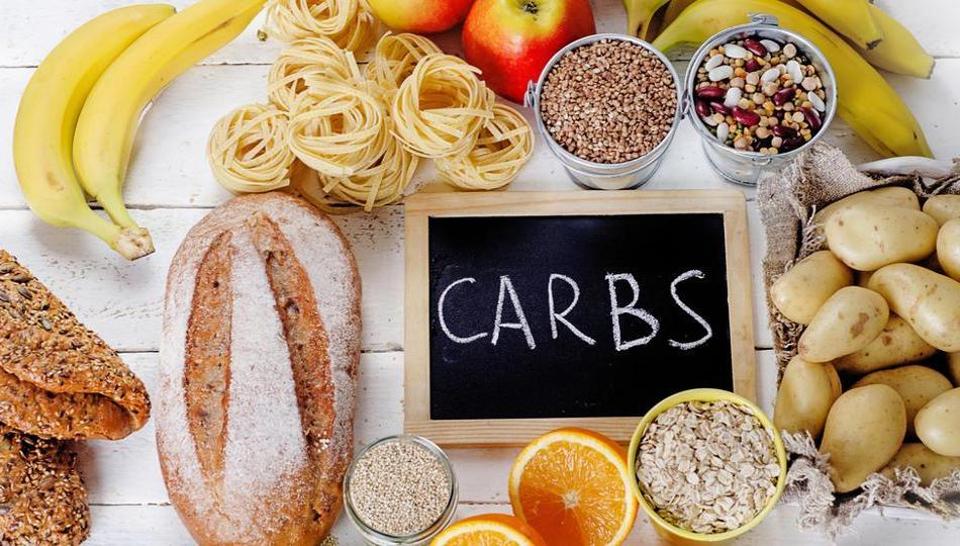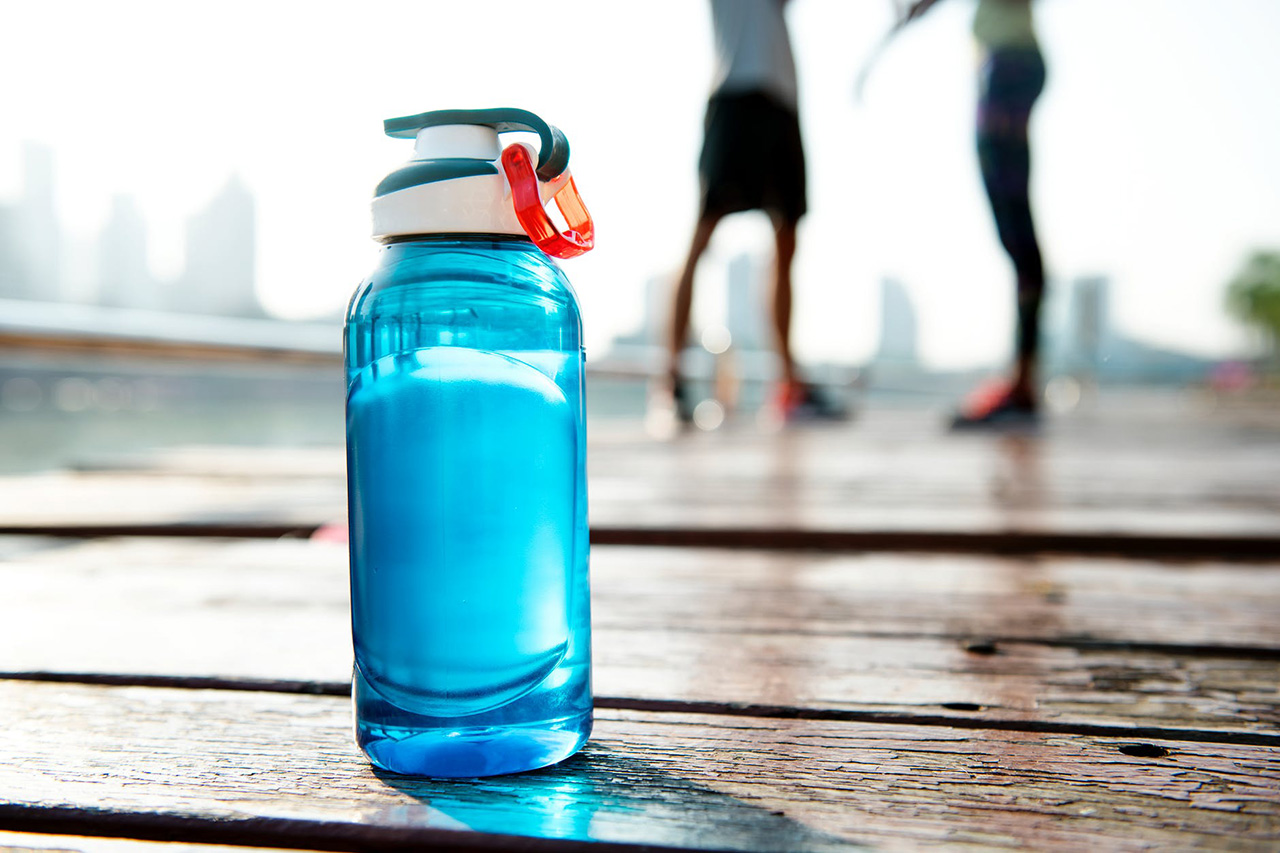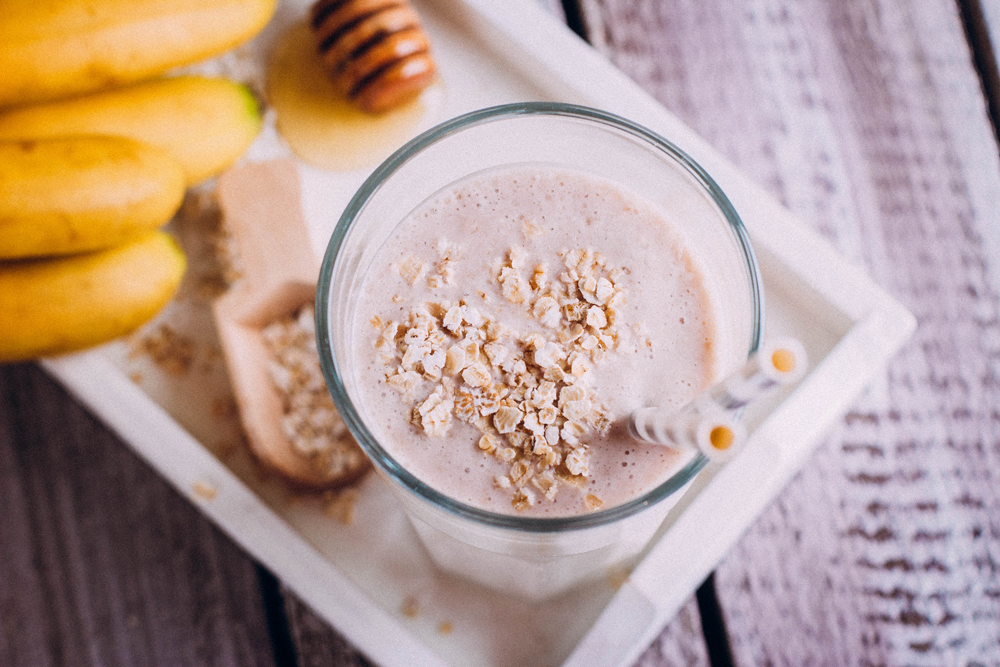
“We build muscles in the kitchen, we tear muscles in the gym.”
“Changing your body composition comes down to 80% nutrition and 20% exercise”.
“You eat far more often than you’ll ever exercise.”
All great quotes to live by. If you’re one of my clients-you’ve heard these quite a few times.

Nutrient timing is a concept focusing on the importance of what you eat before and after your exercise routine. Therefore, this is a great opportunity to exercise your will power. Fine-tuning these choices can drastically decrease the time frame in which you see results from your hard work.
Pre-workout nutrition:
The ideal pre-work meal is mostly carbohydrate-based.
Carbohydrate Sources and Timing: 1 hour (or more) before exercise:
Complex, low glycemic carbs (high in fiber) help ensure blood sugar balance. The serving size should be about 30 g. For example, 1/2 c oatmeal or quinoa, 1 rice cake, vegetables like sweet potato and squash can be good options.

20 minutes to 1 hour before exercise:
- Simple carbohydrates from fruit like dates, raisins or half of a banana, or coconut water can give you quick energy.
- A small serving of easily digested sources of fat, such as coconut oil (a source of medium-chain triglycerides (MCTs) or chia seeds can be consumed less than an hour pre-workout, or even during a workout. These fats are easily converted into usable energy, fueling your workout rather than being stored as fat.
Meal Ideas (1-2 hr pre-workout)
- Stir fry 1 c spinach for 1 min in avocado oil, add 1/2 c cooked quinoa; crack egg & cover for 1 minute. Scramble and enjoy.
- 1/2 c oatmeal, 1/4 c dried fruit, 2 tsp chia seeds
- 1/2 c sweet potato, 1/2 c sauteed greens, 1 egg
Post-workout nutrition
Hydration: The first nutritional priority after exercise is to replace any fluid lost during exercise. Consume 16-24 oz. of water post-workout.

The benefit of protein shakes/post-workout liquid meals:
The liquid form of nutrition that contains rapidly digesting carbohydrates (e.g., maltodextrin, dextrose, glucose, etc) and proteins can accelerate recovery by utilizing insulin for nutrient transport into cells, which can result in rapid digestion and absorption. Also, these products are often better tolerated during and after workouts. Whole food meals aren’t always practical for a few reasons. Some find they aren’t hungry immediately after exercise, and the process of digestion may take 1-3 hours before it is absorbed into the bloodstream and your body needs replenishing within the hour.
Protein and Carbohydrates:
Research shows that combining protein with carbohydrate within thirty minutes of exercise nearly doubles the insulin response, which results in more stored glycogen. This is essential to building adequate glycogen stores for continued endurance training. Endurance exercise is defined as the repetitive prolonged exercise of submaximal intensity greater than 45 minutes.
Protein
Data indicates a minimum of 18-20 g of protein after a workout to maximally stimulate muscle protein synthesis. However, this number will vary depending on lean body mass and your goals. Eating more protein than that, however, has a negative impact because it slows rehydration and glycogen replenishment.

Sources:
http://www.ncbi.nlm.nih.gov/pubmed/12235033?dopt=Abstract



